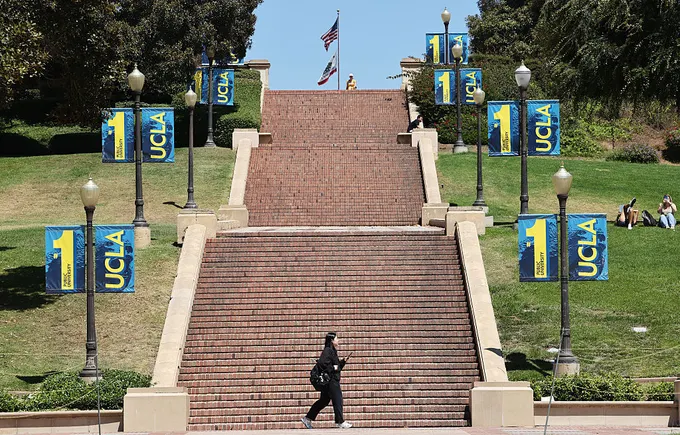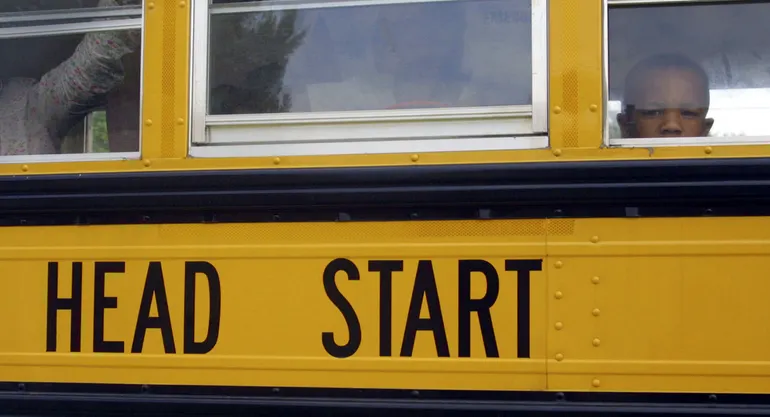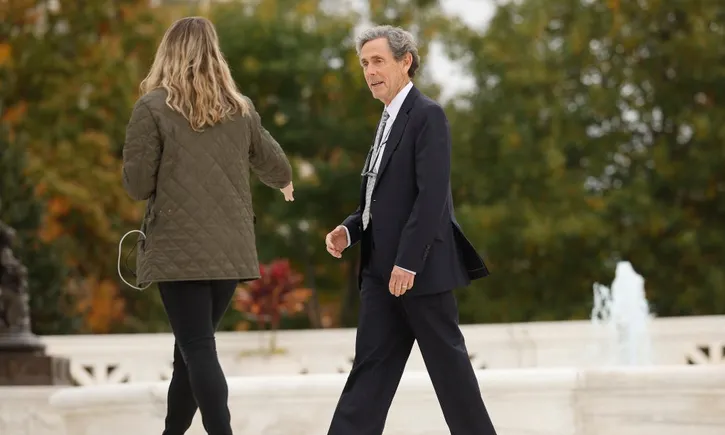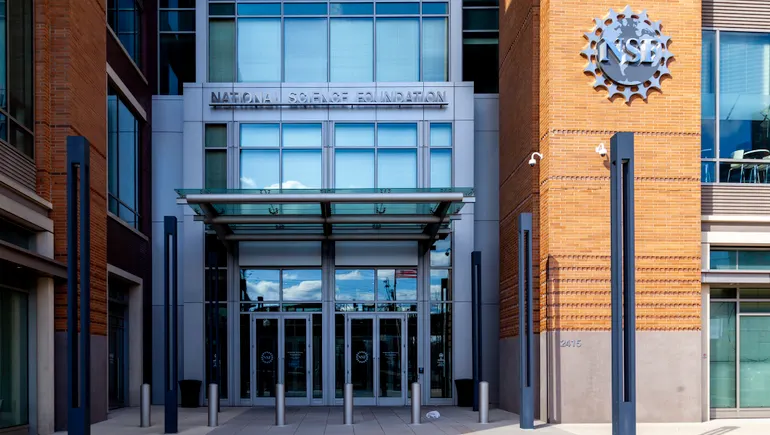The months since Charlie Kirk’s murder on Utah Valley University’s campus in September have seen a deluge of firings and suspensions of teachers, faculty, and staff across the country for celebrating the assassination, or just for being insufficiently mournful. As the dust settles and court cases proceed, more details are emerging about the political pressures universities faced to punish protected political expression.
In Iowa, lawmakers were so incensed by one Iowa State University staff member’s speech about the shooting that they outright dismissed the possibility of a lawsuit. Public records obtained by FIRE through a Freedom of Information Act request show state lawmakers exchanging messages inviting the possibility of First Amendment lawsuits for the sake of punishing speech they found offensive. “It’s worth the risk of lawsuits,” one lawmaker texted.
In other words, censorship is worth lawsuits. Iowa taxpayers: that’s your free speech rights — and your money — they’re putting at risk.
On Sept. 23, less than two weeks after the shooting, Iowa State University fired Caitlyn Spencer, a financial aid advisor at the university. Spencer had posted that she believed Kirk “got what was coming” to him and wrote that she was “happy he’s rotting in hell now.” The prominent X account Libs of TikTok picked up Spencer’s post, prompting social media outrage.
That outrage did not stay confined to the internet. Behind the scenes, Iowa lawmakers urged university officials to take action. The records obtained by FIRE show text messages from state lawmakers to Board of Regents State Relations Officer Jillian Carlson. State Rep. Carter Nordman sent Carlson a screenshot of Spencer’s post, asking, “Will she be put on leave today?” Rep. Taylor Collins added that Spencer “better be” put on leave.
After Carlson responded that the university was investigating all complaints they were receiving about social media activity, Collins responded, “There’s no way this is allowed under the Univeristy [sic] code of conduct.” He added: “It is worth the risk of lawsuits.”
Nordman then expressed frustration at a potential lawsuit, writing, “I am so sick of us scurrying around a law suit. Let them sue.” He added that he and two other individuals were “just fine with [Carlson] telling [ISU] President Wintersteen that’s coming from the House Higher Ed & Budget Chairman’s [sic].”
It’s bad enough that lawmakers publicly called for punishment of faculty and staff for their speech about Kirk, including Collins, who was both publicly pushing punishments and sending messages behind the scenes. But Nordman’s mention of the Iowa House Higher Education Committee invoked the power of the committee that controls the funding ISU receives, unsubtly implying that lawmakers were ready to cut budgets if administrators did not comply with their demands to punish speech. And given their talk about lawsuits, it’s clear that they had doubts about whether punishing the speech would violate the First Amendment.
FIRE has seen this sort of attitude before. For example, when FIRE was poised to file a lawsuit against Kirkwood Community College in 2020 after it moved to terminate a professor for describing himself as “Antifa,” Kirkwood president Lori Sundberg told a media outlet there was “no evidence” the professor had espoused his controversial views in the classroom. The president remarked, “at the end of the day for me, if I’m found legally wrong on this, I can live with that.”
The college eventually settled with the professor for $25,000. Similarly, in 2013, a federal jury held the former president of a public college in Georgia personally liable for violating the rights of a student who protested against the building of two parking garages on campus. There, the student and the university reached a $900,000 settlement after a lengthy court battle, as the court ruled that the president had ignored the student’s “clearly established constitutional right to notice and a hearing before being removed from VSU.”
Those fired over protected comments about Kirk’s assassination could be looking at similar payouts, courtesy of the tax- and tuition-payers of Iowa.
While Kirk’s murder has divided Americans across the board, one thing should unite them all: Iowans — and Americans more broadly — shouldn’t be on the hook for public officials’ decisions to ignore the First Amendment.










